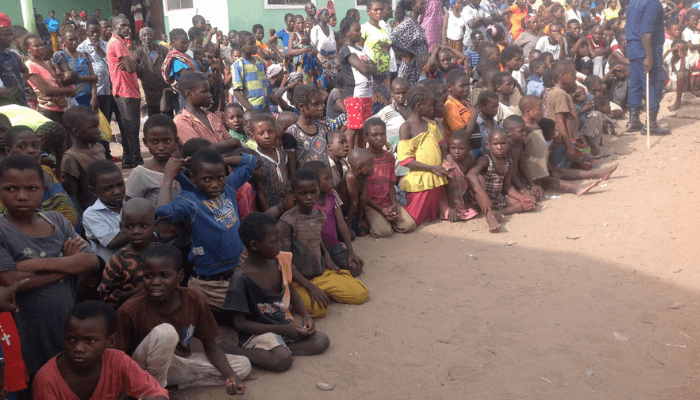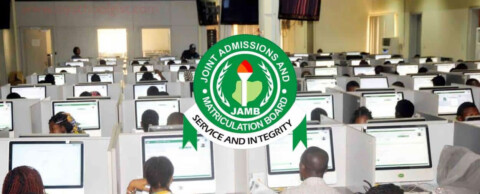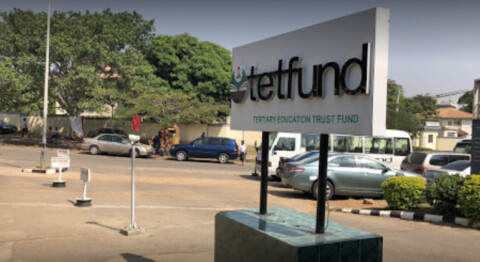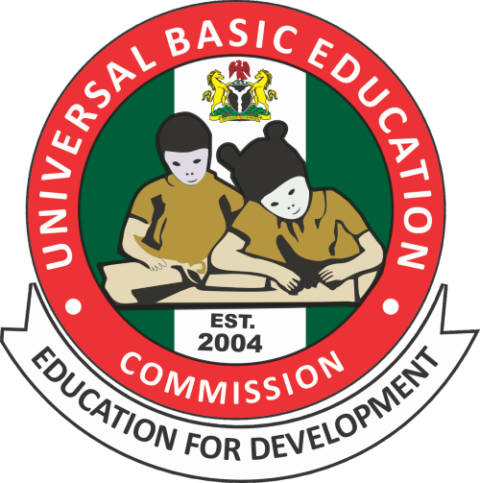The Kaduna State Government has announced an ambitious plan to reform the Almajiri education system, aiming to integrate Almajiri children into mainstream learning through vocational training and literacy programmes. The plan was revealed in a communiqué issued after the recently concluded Kaduna International Education Summit, EduPACT 2025.
Kaduna State Commissioner for Education, Prof. Abubakar Sambo, who read the communiqué, explained that the strategy would remove barriers that have long excluded Almajiri children from formal education. These obstacles include compulsory school uniforms, Parent Teacher Association levies, and widespread social stigma. The communiqué described the existing Almajiri system as outdated and exclusionary, emphasising the urgent need to modernise Qur’anic education by blending it with skills such as literacy, numeracy, digital competence, and vocational training.
Prof. Sambo said the government is committed to ensuring that Almajiri children are no longer left behind, stressing that they must be part of Kaduna’s human capital development story. He added that religious leaders will play a significant role as advocates for the reformed system, helping to persuade parents to support efforts to integrate Almajiri pupils into mainstream education.
The summit underscored that transforming the Almajiri system is vital for Kaduna’s goal of ensuring inclusive and equitable access to education and reducing challenges such as child neglect, poverty, and street begging.
Held under the theme “Strategic Visioning for Educational Transformation: Developing the Kaduna State Education Model,” the summit attracted government officials, development partners, educators, religious leaders, civil society organisations, and students. Participants proposed the establishment of a Kaduna State Education Reform Council to coordinate interventions from various agencies, ensuring that efforts to integrate Almajiri children are well-managed, properly funded, and sustainable.
Meanwhile, the state government also announced a N440 billion roadmap to revitalise Technical and Vocational Education and Training (TVET) in the coming years. Prof. Sambo described TVET as a critical pathway not only for skills acquisition but also for economic empowerment, social mobility, and crime reduction. He stressed the need for deliberate efforts that align with the demands of the 21st century. Stakeholders at the summit urged the government to allocate at least 15 percent of the state’s education budget to TVET and emphasised the importance of digital infrastructure, smart classrooms, and AI-driven learning environments, particularly in underserved communities.
Further recommendations emerging from the summit included the rapid recruitment of teachers, regular assessment of skills, decentralised decision-making through School-Based Management Committees, and prioritised access to education for children with disabilities.
The Kaduna International Education Summit was organised in collaboration with the United Kingdom Government through the FCDO’s PLANE programme. Other partners included UNICEF, the World Bank-funded AGILE project, Teaching at the Right Level, the British Council, Save the Children, the Islamic Development Bank, the ROOSC Project, Miva University, the Malala Fund, and Education as a Vaccine.
Several partners reaffirmed their support for Kaduna’s efforts to transform education into a tool for social and economic progress. Mr. Victor Lubeck, Deputy Country Director of Save the Children Nigeria, praised the focus on marginalised groups, particularly the Almajiri children, insisting that no child should be left behind in the quest for quality education. Similarly, UNICEF’s representative, Ms. Blessing Nwafor, highlighted the importance of consistency in implementing the summit’s resolutions, warning that bridging the gap between policy and practice is crucial for Kaduna to achieve its educational targets.





